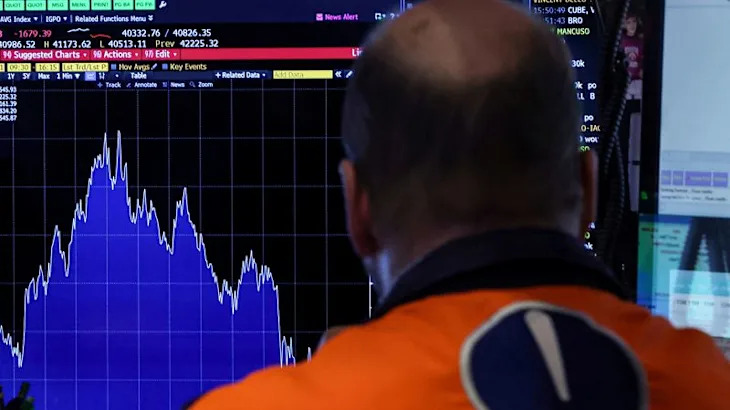
Nike (NYSE: NKE) is the undisputed leader when it comes to sports apparel and footwear. But its share price, which has climbed a disappointing 2% in the past five years (as of Aug. 20), resembles anything but peak performance.
The Oregon-based company's struggles have opened the door for a business like Lululemon (NASDAQ: LULU) to rapidly rise up the ranks in the industry. But the athleisure pioneer has seen its shares tank an alarming 50% just this year.
Which of these beaten-down consumer-discretionary stocks should you buy right now?
The case for Nike
Nike's issues are hard to ignore. The company reported a 2% sales dip in the fiscal 2024 fourth quarter (ended May 31), with executives forecasting a mid-single-digit drop for the current fiscal year. That's an extremely discouraging sign for the industry leader.
But what's encouraging is that besides the uncertain macroenvironment that might be pressuring shoppers, the solutions to Nike's problems appear to be within its control. For example, critics will point to a lack of focus on product innovation and catering to changing consumer preferences. And even Nike admits that it needs to figure out the correct distribution strategy that balances wholesale accounts and its own direct-to-consumer channels.
These are internal challenges that could be fixed. "We are taking our near-term challenges head-on, while making continued progress in the areas that matter most to NIKE's future," CEO John Donahoe said in the press release.
Another bullish reason to want to own this business is the wide economic moat that's present. Despite its challenges, Nike undoubtedly possesses one of the world's strongest brands. Thanks to impactful marketing campaigns and valuable endorsement deals, Nike has remained relevant in the minds of consumers for a long time.
If a sportswear entrepreneur was given unlimited cash, could they recreate what Nike has built up over the past few decades? I think the answer is a resounding "No!" This clearly shows the company's differentiation in the market.
Nike's valuation is one final reason to buy shares. They currently trade at a price-to-earnings (P/E) ratio of 22.3, which is close to their lowest level in the past decade.
The case for Lululemon
While Nike jumps over hurdles to drive top-line gains, Lululemon has posted far better growth in recent years. Revenue was up 30% and 19%, respectively, in fiscal 2022 and 2023. The growth has slowed, to be fair, but executives still expect a double-digit increase in the current fiscal year.
This momentum should give investors confidence that Lululemon has far more potential to raise its sales base in the future. The business has opportunities to boost its digital, men's, and international revenue over the long run, essentially positioning itself as a more direct rival to Nike on a global stage.
As a younger and smaller enterprise, and one that's geared toward the premium end of the market, it's not a shock to say that Lululemon simply doesn't have the brand strength that its larger competitor does. However, the athlesiure trailblazer's trailing five-year gross margin and operating margin are well ahead of Nike's. That impressive profitability showcases Lululemon's proven pricing power.
Nike's valuation, at least compared to its own history, was a selling point that I mentioned earlier. But I'll also call out Lululemon's valuation as a key reason to buy shares. The stock trades at a P/E ratio of 20.7, which is not only a discount to what Mr. Market is offering Nike at but close to Lululemon's low point in the last decade.
But Lululemon is projected to increase its revenue and earnings per share at faster rates compared to Nike in the years ahead. Given its cheaper valuation and better growth prospects, I view Lululemon as the better stock to buy right now.
Before you buy stock in Nike, consider this:




